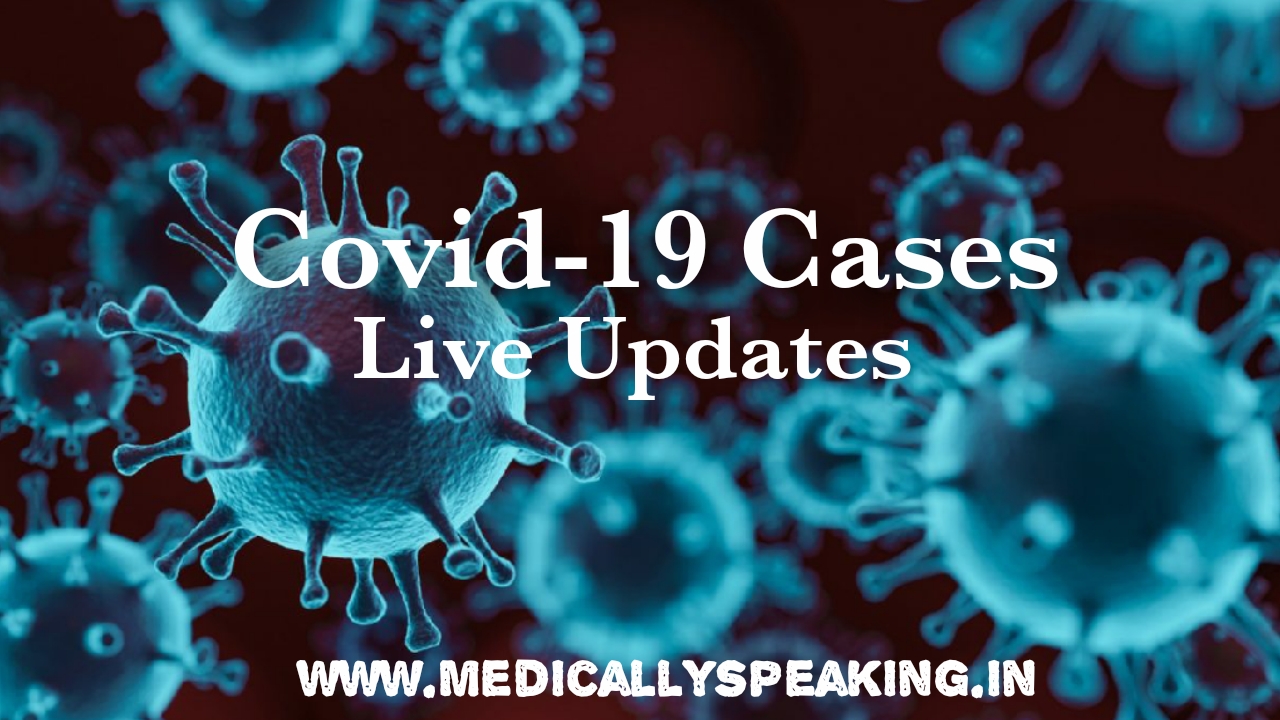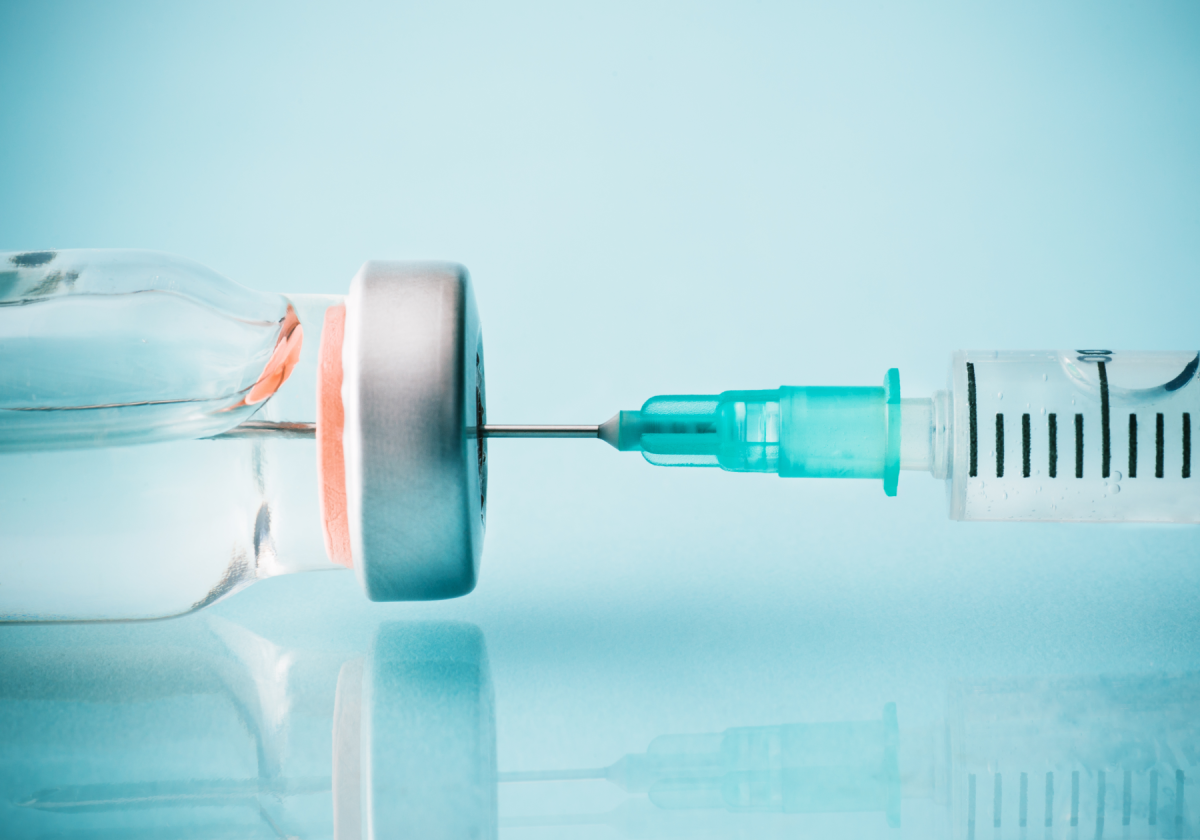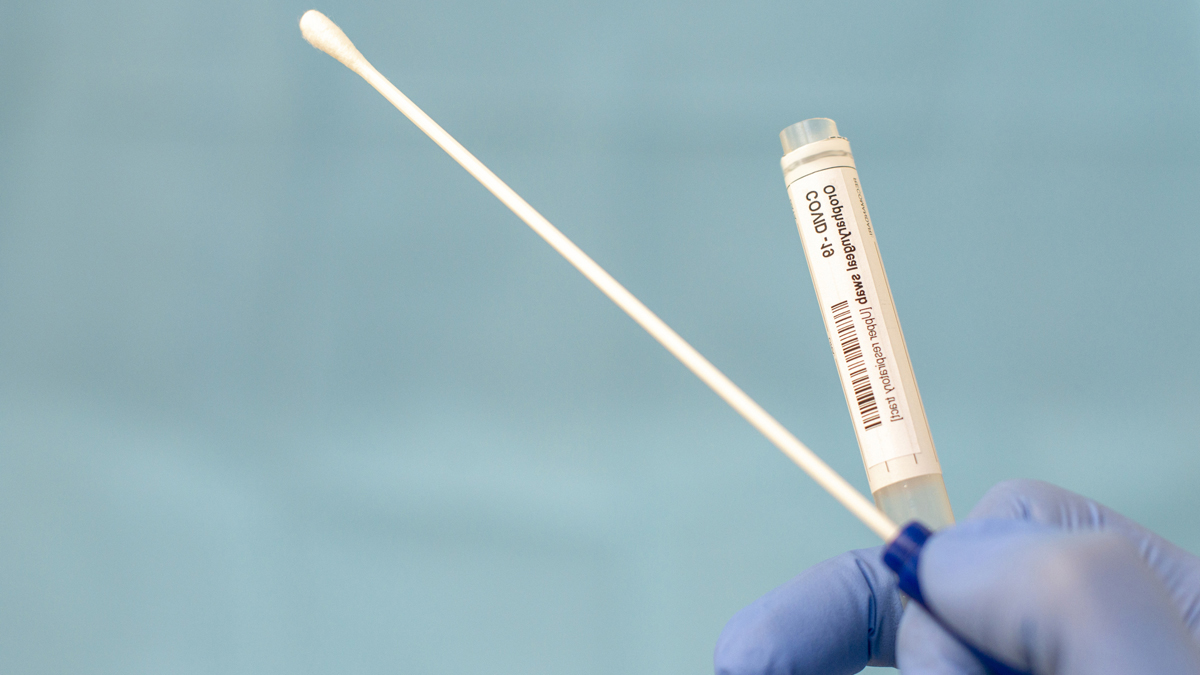A coronavirus patient died at Ranchi’s Sadar Hospitals while waiting for treatment while Banna Gupta, state health minister was taking checking facilities in the hospitals on Tuesday.
According to a report by Hindustan Times, the patient was rushed to Ranchi from Hazaribagh, a 100 km away, for a better treatment as his condition started deteriorating. While Banna Gupta was taking stock of the hospital, the patient had to wait for several hours in the name of formalities and no one came to attend him.
The minister has ordered inquiry into the matter and sought a detailed report from Ranchi’s civil surgeon within 48 hours to establish the circumstances in which the patient, Pawan Gupta, died and whether there was any laxity, HT reported.







